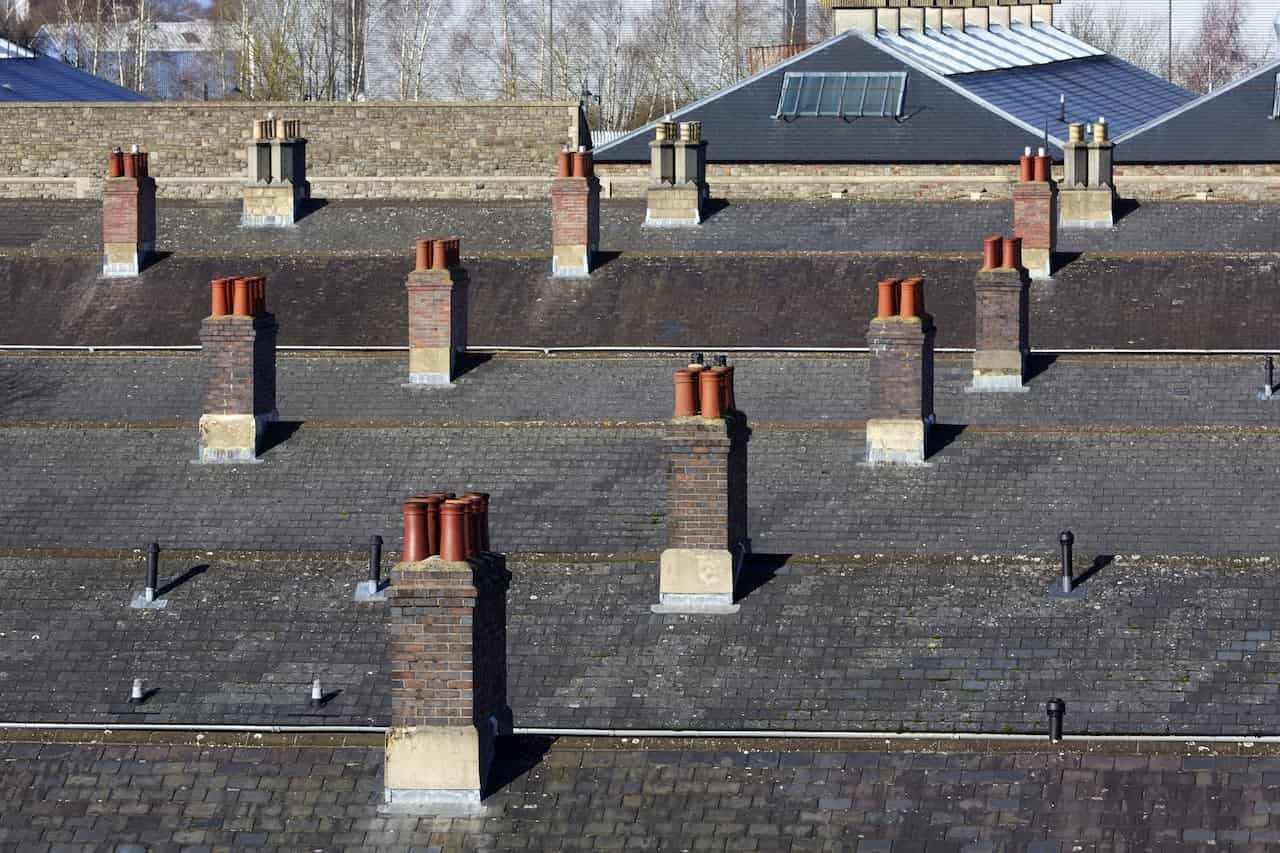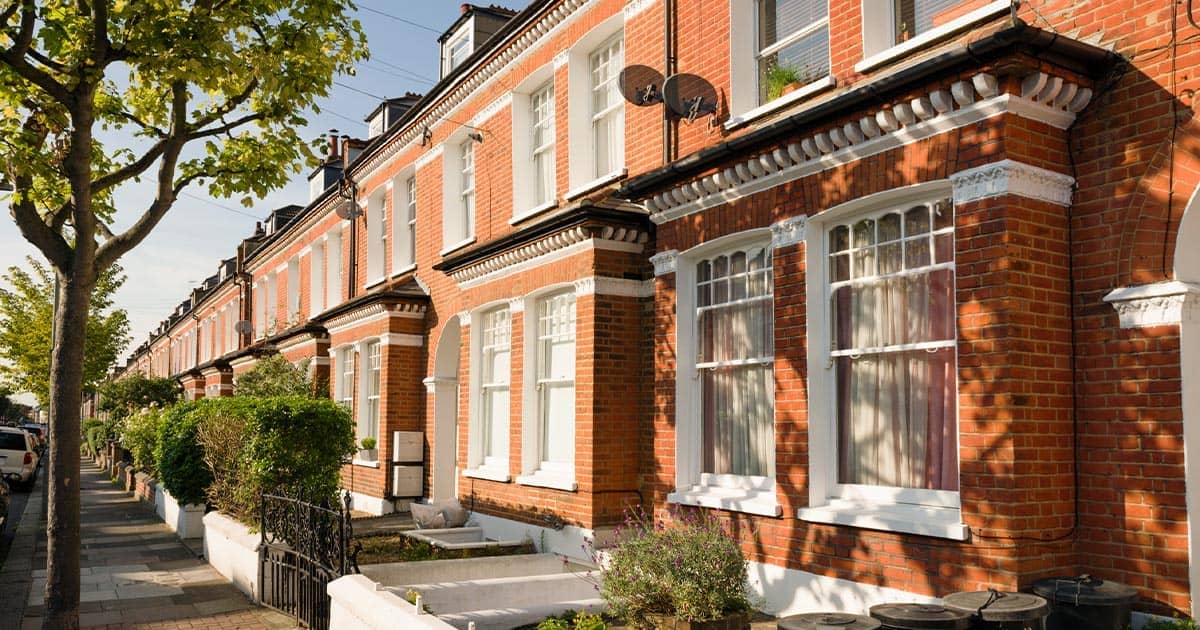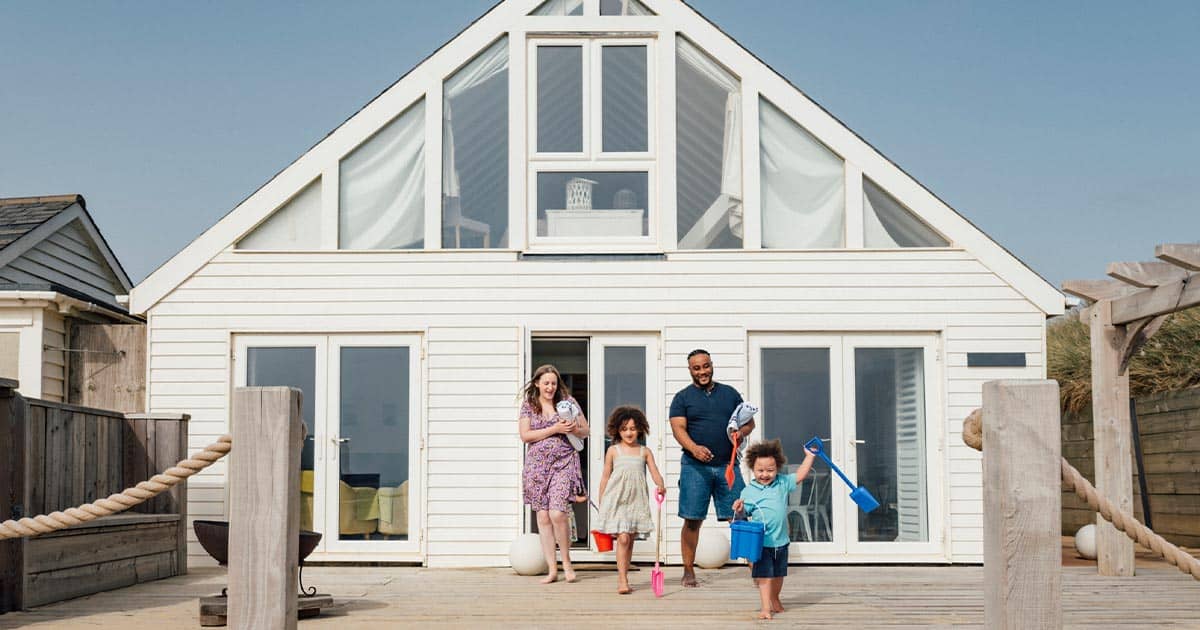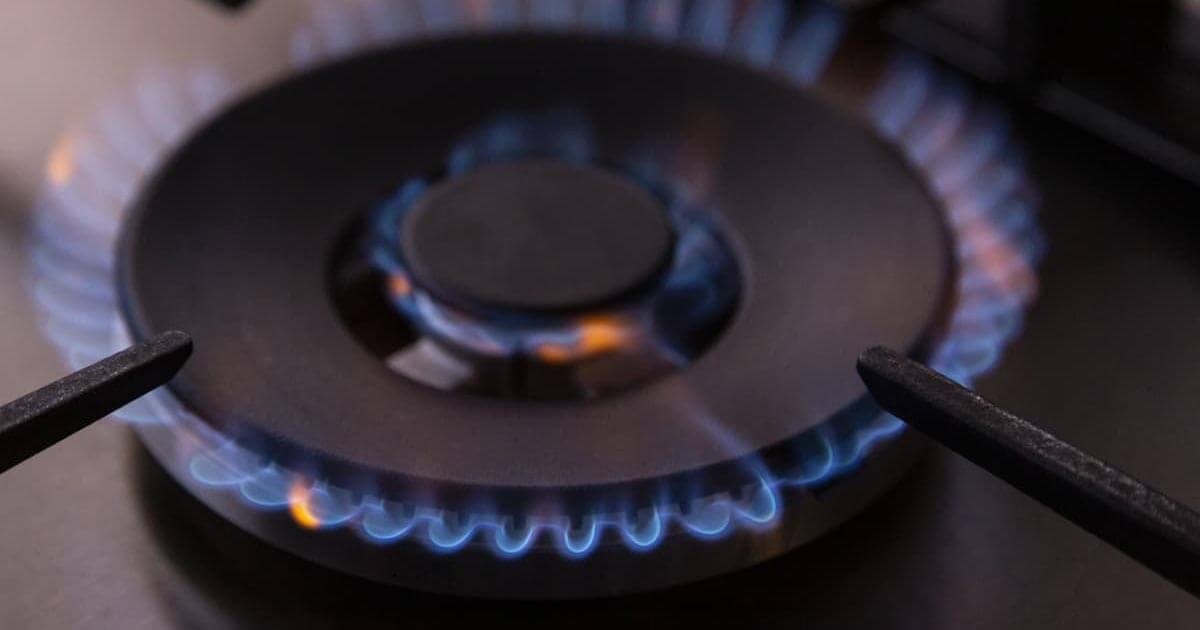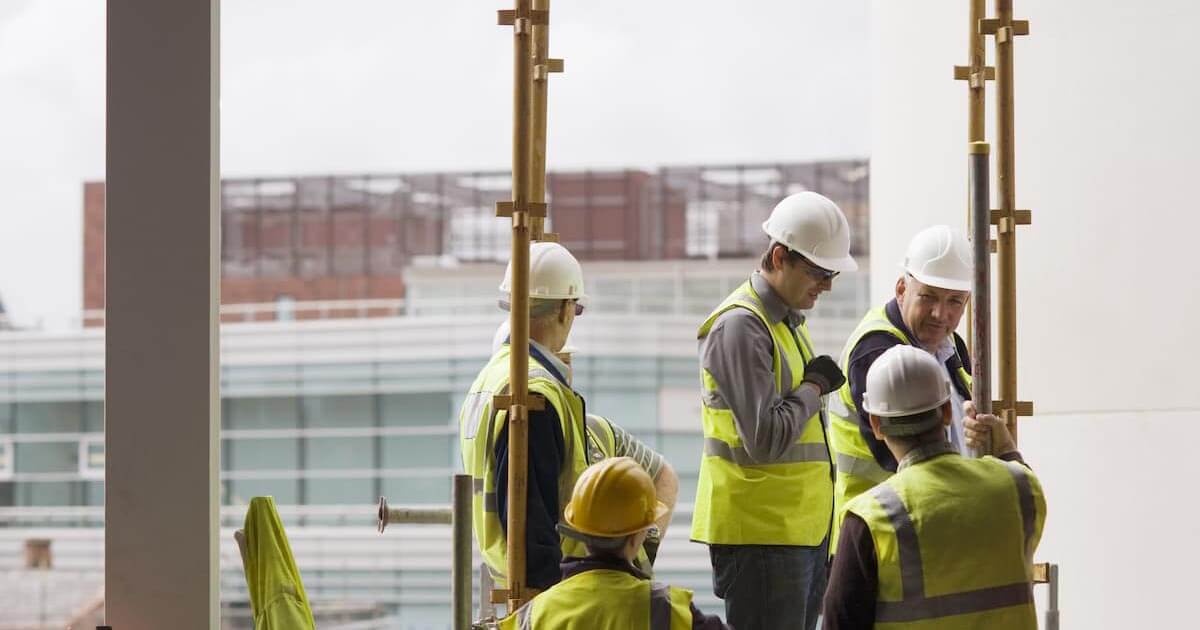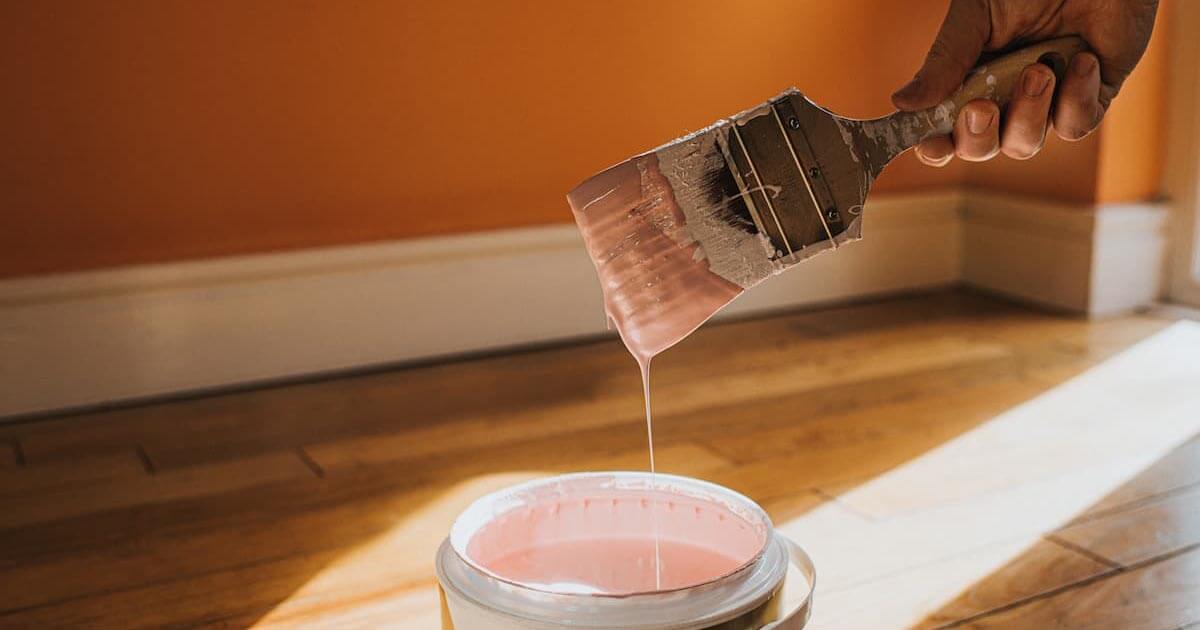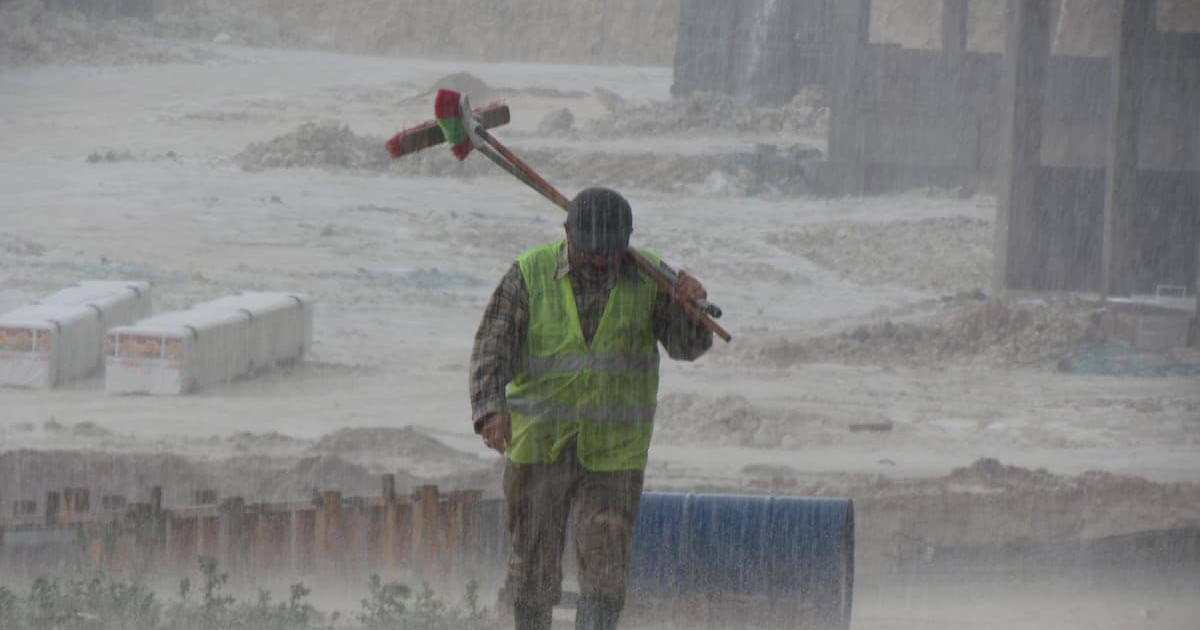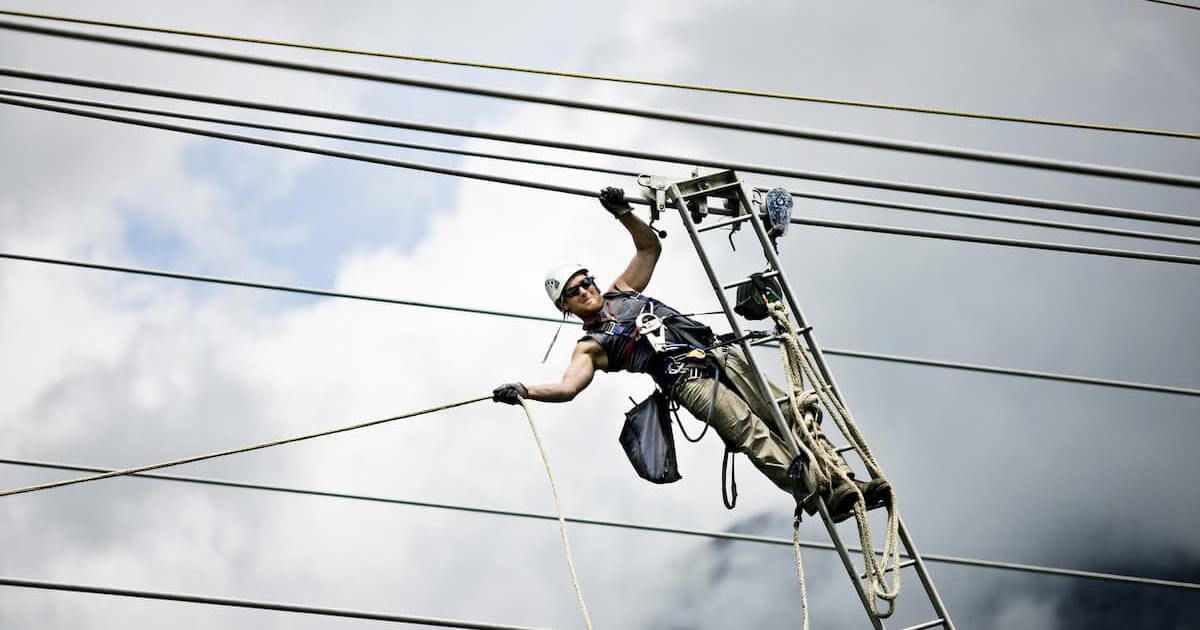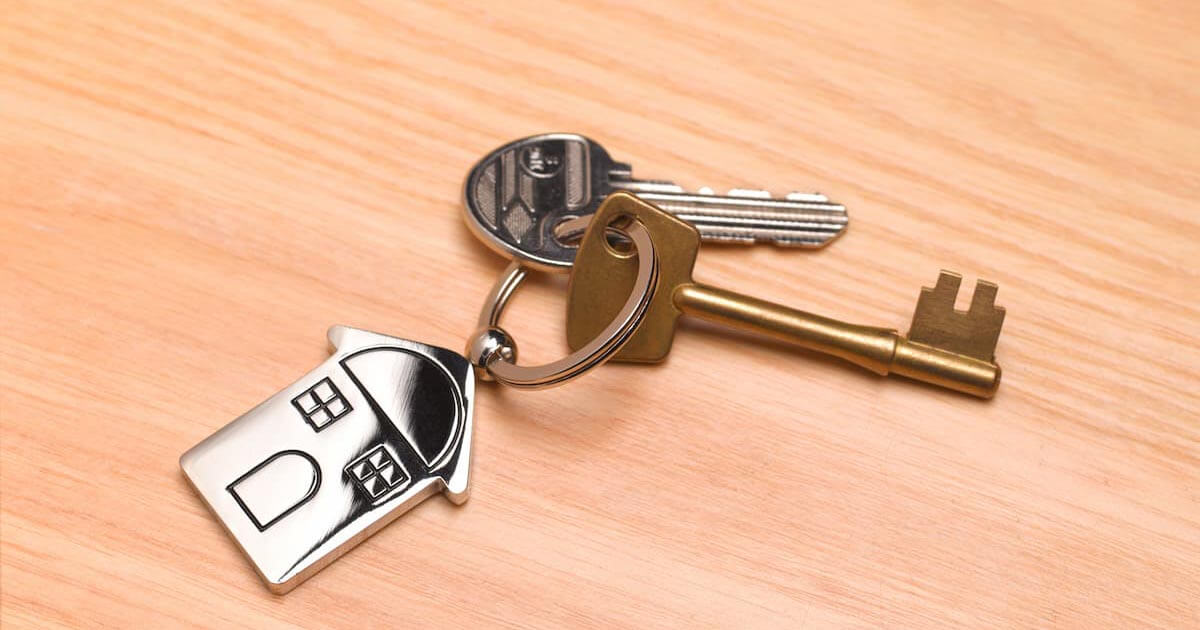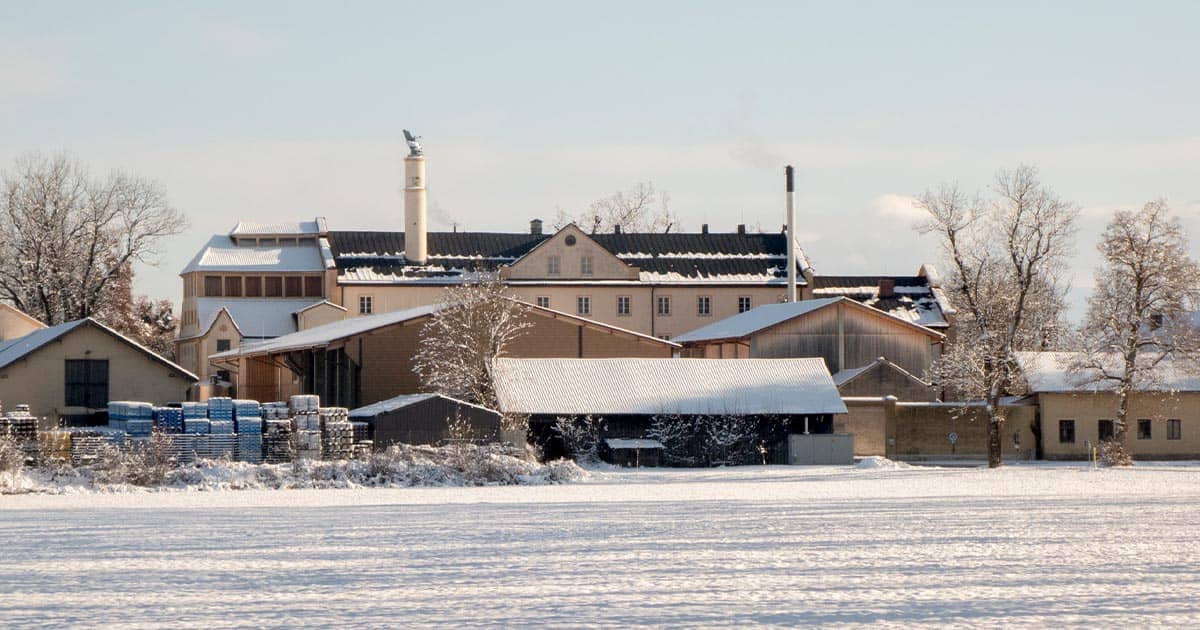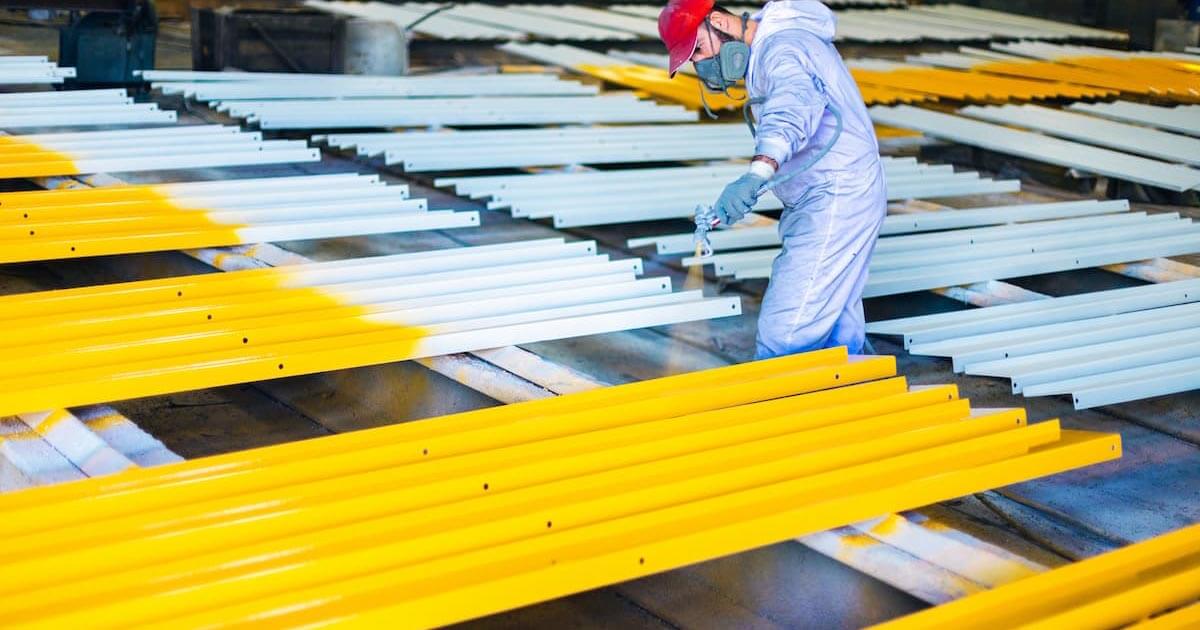Ensuring your fireplace is fit for purpose
Fireplace risks
Anything associated with fire will carry an element of risk, however chimney fires can be particularly dangerous, as temperatures can soar to over 1,100°C, emitting heat through walls and potentially causing fires, with wooden or thatched roofs being a particular risk around chimneys.
There could be many reasons that a chimney fire could break out, however, here are the four main ones:
Infrequent cleaning
Infrequent cleaning or sweeping can leave various pieces of debris in the chimney which could have dried out during the warmer months whilst the chimney isn’t in use, and will be combustible.
Burning unseasoned or wet wood
Burning unseasoned or wet wood, which releases more smoke when burnt, causing a build-up of creosote in the chimney could also be a fire hazard. As a landlord it is your responsibility to arrange for all chimneys in your rented properties to be cleaned at least annually.
Unsuitable fire surrounds
Having a unit that is too big or too small for the area that it sits in can cause heat to transfer to its surrounding area.
Burning fires for extended periods
Burning a fire for too long or leaving a fire to burn overnight. Burning the fire for a long period of time will lead to a period of prolonged heat and could have a devastating effect.
Cleaning your chimney
According to the Landlord and Tenant Act 1985, a landlord is responsible for ensuring the safety, working and servicing of all heating and hot water installations, which means that a landlord is responsible for making sure that the chimney is capable of performing its function of ventilating the area of smoke or waste gasses. Make sure that you arrange to have all chimneys in your properties cleaned at least annually to both fulfil your duties as a landlord and to ensure that you are abiding by fire safety regulations.
If a chimney isn’t cleaned or inspected regularly, burnt carbon based fuels can lead to carbon monoxide poisoning, which can not only harm people in the premises, but also people outside if there is a leak.
To avoid carbon monoxide build-up, make sure that a chimney is regularly swept, pass on advice for your tenants to only burn dry wood, don’t overload the burning appliance and only use cardboard or waste paper as a fire starter.
Signs of a chimney fire
Chimney fires can be devastating, so recognising the signs that one is about to start can help to stop a disaster. Some of the signs are:
- Loud roars coming from the fireplace
- Sparks or flames coming out of the chimney
- An outlet or connector starting to glow or shimmer
- Flames visible behind the outlet or connector
- Vibrations coming from your fire appliance, outlet or connector
- A distinct smell of smoke by your appliance, in adjoining rooms or your loft
These are some signs that a chimney fire might be starting, however a chimney fire can start without exhibiting any of these signs.
If you or your tenants do notice a chimney fire, call 999 immediately and ask for the fire service. If possible also shut air vents to the fire to try to remove the oxygen supply. Do not throw water onto the fire. Remove any flammable objects away from the source of the fire and check if the chimney breast throughout the house is getting hot. Clear away any objects surrounding the fire place so that when the fire service arrive, they can fight the fire easily. Although, if you do not feel safe in the building, get out as soon as possible.
Once the fire has been put out, and it is safe to return, hire a chimney sweep to check the chimney and do not use the fire place until the chimney has been examined and any repairs carried out.

